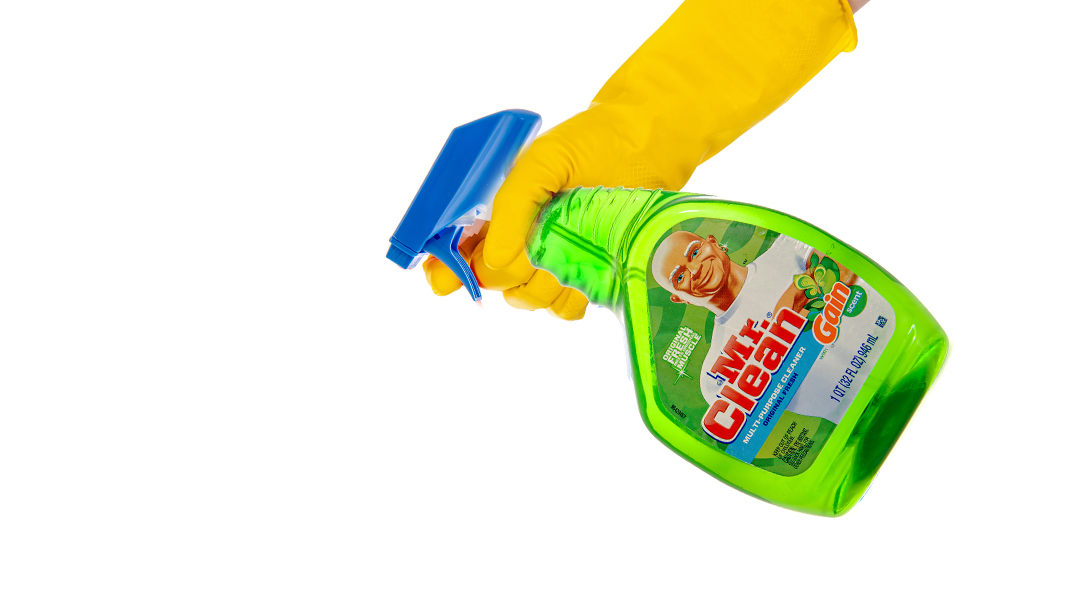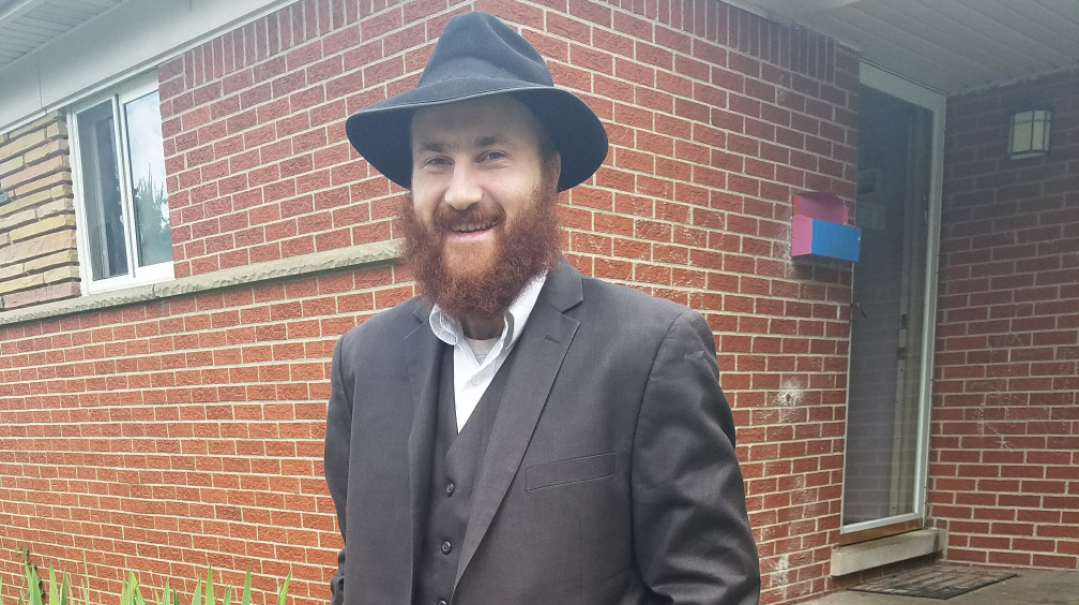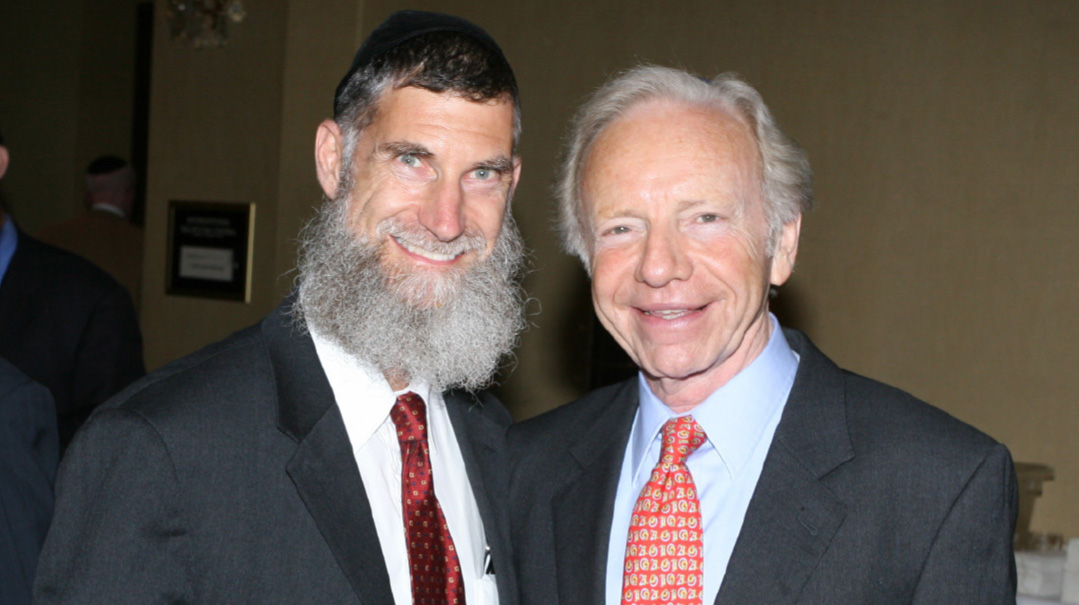Hot on the Scent

“Oh, you have post-Covid parosmia,” she said. “Don’t worry, I have it also.”

When I was a kid, I read a book, or maybe it was a series, about a group of kids who had been exposed in utero to some new drug or bug or chemical. They were born with silver eyes. And superpowers.
If Covid was going to turn the world upside down, it would have been nice if it had at least left me with some superpowers.
But no. First there was the illness itself, which was certainly not fun, although I thankfully recovered without too much drama. Then there were all these weird lingering effects. I was perpetually exhausted, and I had terrible word retrieval.
I would say things like, “It was out of my… um, not ballpark… what’s the word… um… just, out of reach.” It was like the word league had been erased from my brain and I had to relearn it again, the way you would study vocabulary words in a foreign language. I soon collected a whole list of vanished words to practice — league, mindset, evaluate, rationalize, Sweden, credibility…. I found myself talking slowly, trying to pick my words without getting stuck and sounding like English was my second language. It was not such a fun place for a writer and editor to be.
Then there’s the “temporary” loss of taste and smell. I mean, I hope it’s temporary, because it’s going on ten months and counting. I can’t smell a thing, and my sense of taste is very dull.
I thought it wasn’t a big deal at first — not sure if that was optimism, or just denial. But it interferes with my life more than I expected. I can’t smell what I’m cooking, and I keep burning the food. I put way too much lemon in the lemon mousse, which was annoying after I had separated 18 eggs for it. The poor baby always has a rash, and for the first time in my life, I actually get headaches because I forget to eat. Eating without taste is like watching a concert with the sound turned off — what’s the point? Besides, I’m suddenly hyper-conscious of the texture of the food in my mouth. Gross.
There are some perks: If I don’t take out the garbage, it doesn’t bother me. (Of course, that’s not a perk for the other household members.) I’m saving tons of money because I stopped drinking the expensive coffee. And when I discovered that I could sense the “spicy” part of spicy mayo, I cooked a pot of sushi rice and ate just that for a week.
The weirdest part is the cravings. I spent an entire afternoon making unstuffed cabbage, but then I served leftovers for supper. Everyone wanted to know where the unstuffed cabbage was.
“I put it in the freezer until my taste comes back,” I said, way back in November.
I threw it out when I cleaned the kitchen for Pesach.
Your sense of smell is the kind of thing you don’t think about until you don’t have it. Here are some things I can’t smell:
- The besamim at Havdalah.
- The challah in the oven.
- That amazing aroma that hits you when you pull open the glass doors and walk into the pizza store.
- The onions frying.
- The onions burning.
- The smoke from the flames licking the cabinets.
I felt very sorry for myself, but then it got worse.
I lost my housekeeper in the pandemic. In January I gave up finding a replacement and hired a cleaning service.
“They were great,” I reported to my husband. “The only thing was they used a cleaning agent that smelled really bad. I don’t know why they can’t just use Mr. Clean.” The house was spotless and reeked; how does that even make sense?
A couple days later I went to my friend’s house. Her house had the same overwhelming, terrible smell. Sure enough, her cleaning help was washing the floor. Why can’t people just use Mr. Clean? I thought. Don’t they know this smells disgusting? I checked what she was using — it was Mr. Clean.
I figured that smelling things that didn’t exist was probably in the same category as hearing voices in your head, so I didn’t tell anyone. But when my neighbor asked for a referral for a cleaning service, I felt compelled to warn her about the stench.
“Oh, you have post-Covid parosmia,” she said. “Don’t worry, I have it also.”
She had a whole list of foods and products that smelled disgusting: detergent, shampoo, onions, eggs, peppers. My own list grew, too: cleaning agents, meat, chicken, onions, garlic, soda, anything with yeast, and devastatingly, coffee and chocolate. And rice cakes. Rice cakes smell disgusting. I could smell the closed package in the pantry (until I threw them out — meaning outside, that’s how bad they smelled). I mean, rice cakes are not even supposed to have a smell.
Making Pesach was complicated. The entire world reeked of Mr. Clean, I couldn’t drink coffee to keep me going, and I had to cook for eight days of Yom Tov and nine guests without using onions or garlic. Meat and chicken smelled putrid, but I cooked them anyway, suffering in silence (see, I’m not telling anyone). On Shabbos, I moved the cholent pot to the study and left the window open and the door closed. It worked. A little. My neighbor put her cholent pot in her shed.
All around me, people act like the pandemic is over. No one wants to hear about Covid anymore. The panic, fear, and loss is a memory. Move on, we have the vaccine. Get back to normal. Go back to how things were.
But for me, and my neighbor, and so many others who have lost their sense of smell, or their taste, or even their health, we can’t really move on, because we’re still dealing with it every day.
I guess that’s my superpower — the inability to forget, an enduring reminder not to let the experience be wasted.
Zivia Reischer is a writer and editor who lives with her husband and children in Lakewood, New Jersey.
(Originally featured in Mishpacha, Issue 872)
Oops! We could not locate your form.







